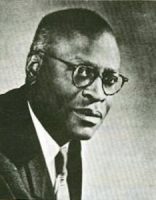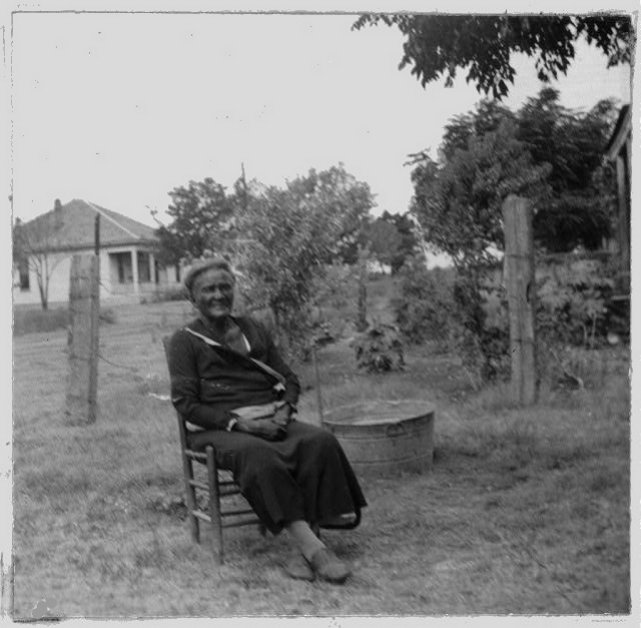@IllmaticDelta
You ain't post this one yet right?
You ain't post this one yet right?
https://surface.syr.edu/cgi/viewcontent.cgi?article=1818&context=honors_capstoneChapter 1: The Origins of SaintsWhile perhaps most of us currently know “Saints” as a piece of early jazz, it occupies a much more vast musical space, encompassing many different genres. The song was likely first performed and orally transmitted as a spiritual by African-American slaves during clandestine religious ceremonies. In the late nineteenth century it was picked up by New Orleans brass bands during funeral processions. Throughout the 1920s and 30s it was recorded by many folk, gospel, and blues artists from both major and minor record labels. These are the three main areas where “Saints” existed prior to Armstrong’s 1938 recording. The main issue regarding the origins of “Saints” however, is that it has been recognized as an anonymous piece of traditional music, as well as a composed piece attributed to a specific author(s)












